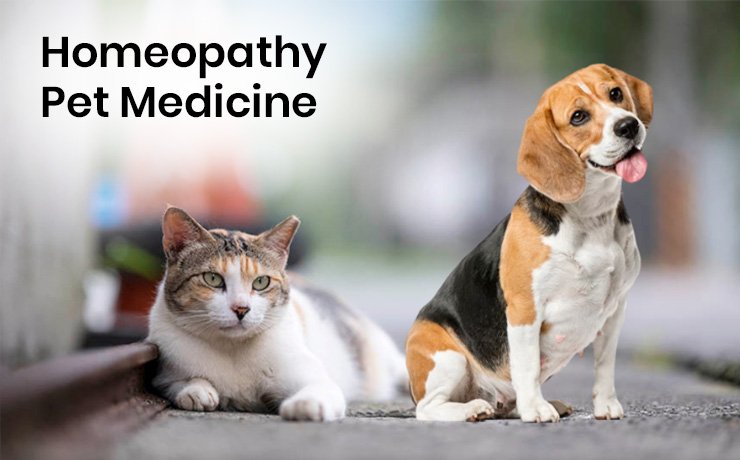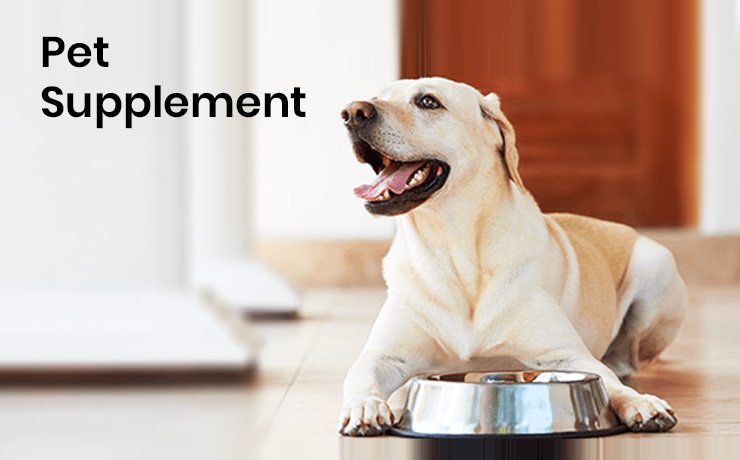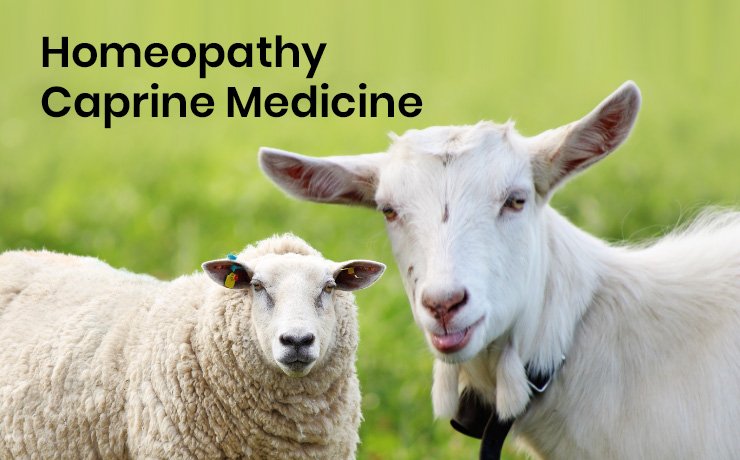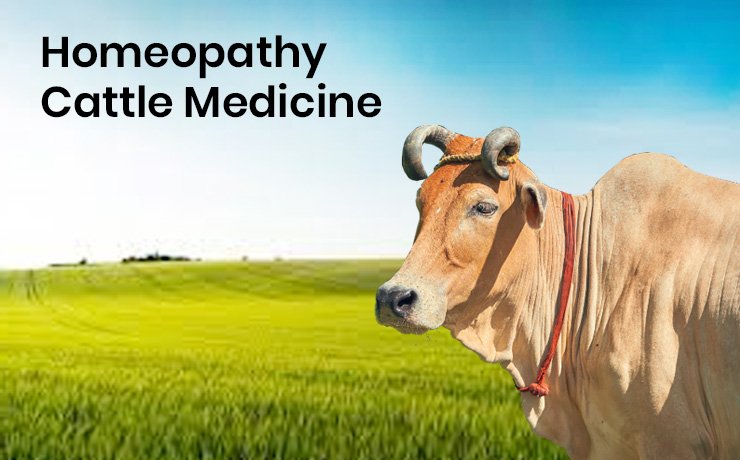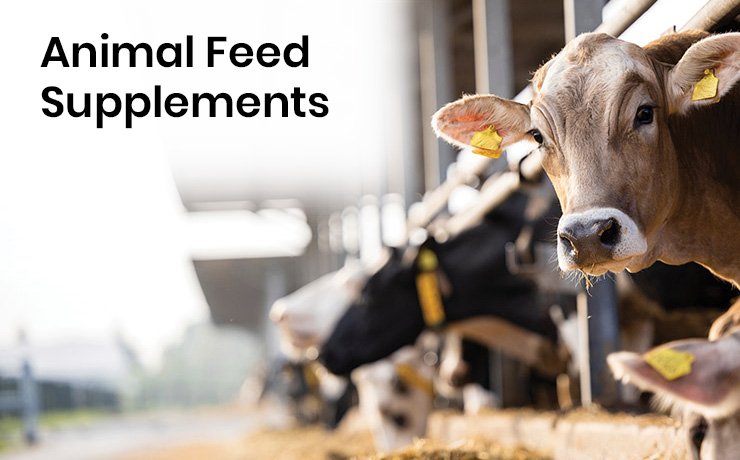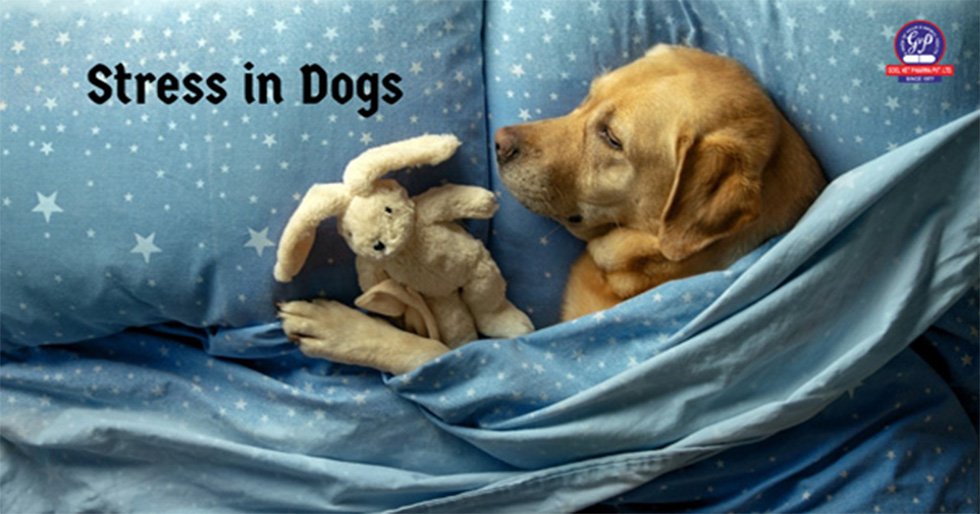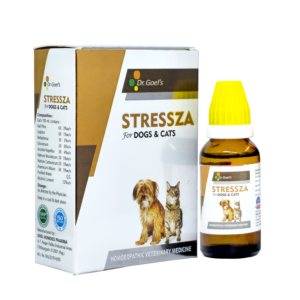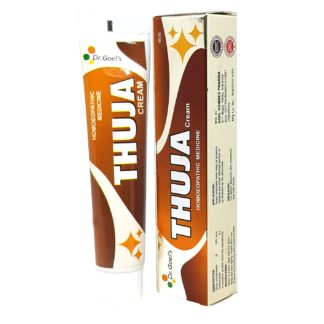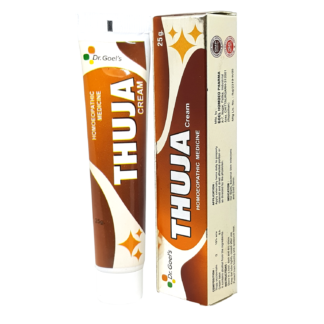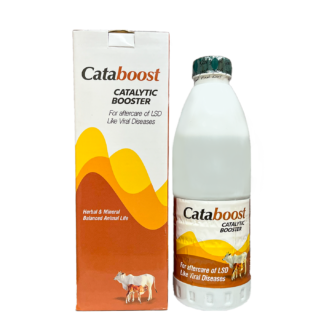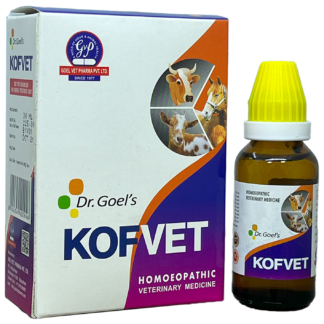From Cold Air to Hotspots: Managing Skin Infections in Dogs During Winter | DERMISULE for PETS
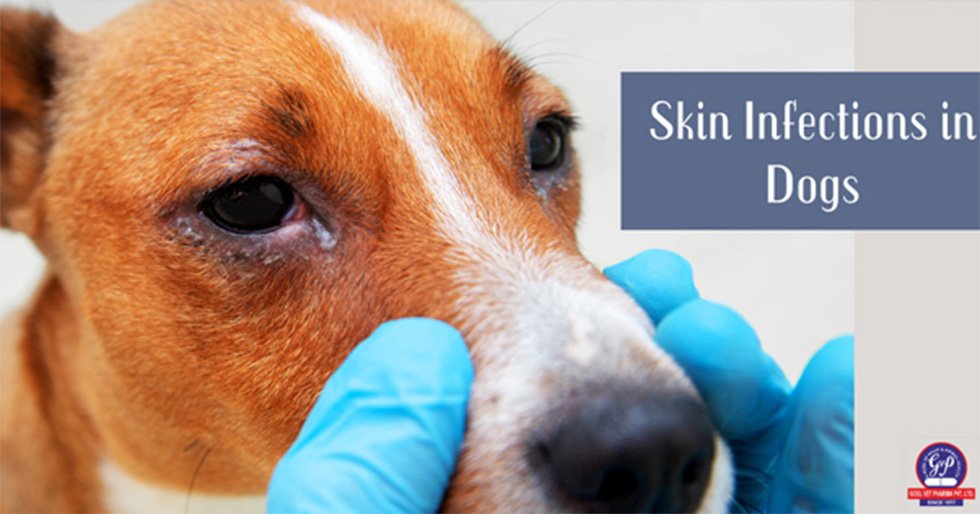
Winter is a beautiful season that envelopes the earth in a calm and alluring atmosphere as the days get shorter and the air gets crisper. When we are with our canine friends, this time of year has a special charm that fills our homes and hearts. With dogs, winters are a symphony of pleasures. Dogs’ fur coats, which range from thick and fluffy to sleek and shiny, are evidence of their millennia-long adaptability to many temperatures, and their entire essence appears to vibrate with the season. Skin Infections in Dogs can cause discomfort and itching, leading to incessant scratching and irritation. These coats serve not only as insulation against the cold but also as a visual reminder of the harmonious coexistence between humans and dogs throughout history. While the winter wonderland gives a wealth of opportunities for shared adventures, it also comes with a number of difficulties, especially when it comes to the skin health of our furry friends. Winter’s lower temperatures and drier air can cause our canine companions to experience a variety of skin-related problems. The largest organ in a dog’s body, the skin serves as a barrier against the weather, controls body temperature, and protects against illnesses. Itching, flakiness, redness, and discomfort are just a few of the problems that can affect dogs’ skin during the chilly months.
By understanding the intricacies of their skin’s physiology and learning effective strategies to mitigate these challenges, we can ensure that our loyal companions continue to thrive even in the face of cold-weather adversity. Let us understand more about the relationship between winters and skin problems through this blog-
WINTER WONDERLAND: WONDERING HOW WINTERS AFFECT PETS’ SKIN.
The loss of natural oils from the skin and coat is one of the main issues. Winter can cause a dog’s skin to become dry and produce less oil, just as it dries out the air. The skin’s barrier function is weakened by this dryness, making it more vulnerable to irritants and allergens while also causing discomfort. A similar cycle of itching and scratching can be exacerbated by low humidity in the air, which, if left untreated, can develop into more serious conditions. The shock to the system caused by the change from a chilly outdoor environment to a warm interior can impair the skin’s capacity for quick adaptation. Flaking, cracking, and inflammation may occur as a result of this sudden shift. Prompt veterinary attention is crucial when dealing with Skin Infections in Dogs to prevent them from worsening. The first step in maintaining your pet’s comfort and wellbeing throughout the colder months is to understand these effects of winter on their skin, for instance:
- Dry winter air: As the temperature decreases, home heating systems being turned on, reduces the humidity levels. The dry air dehydrates your pet’s skin, resulting in dryness, flakiness, and discomfort. Your pet may not appreciate the winter months if they have dehydrated skin that itches and irritates them.
- Flakiness and Itching: The combination of low humidity indoors and chilly outdoor air can cause flakiness and itching in your pet’s skin. Dry skin is more prone to irritation, and frequent scratching can cause more harm and possibly compromise the skin’s barrier of defence.
- Paw Pad Cracks: Your pet’s paw pads can suffer greatly from the harsh winter environment. With each stride, pain and suffering are felt due to the skin on their paws becoming prone to fissures and cracks.

- Allergies: Indoor allergens aggravate skin issues in pets. During the winter, indoor allergens like dust mites find cozy homes. Allergy-prone pets may suffer worsened symptoms, which can result in more itching, redness, and inflammation.
- Less grooming, more fuss: During the colder months, pets tend to groom themselves less, which causes a build-up of dander and dead skin cells. This build-up may clog pores and worsen skin conditions including dryness and inflammation.
- Fur Matting: Long-haired animals are especially prone to fur matting, these mats have the potential to trap moisture next to the skin, fostering the growth of germs and the spread of skin illnesses.
- Vitamin D Deficiency: Your pet’s ability to produce vitamin D may be affected by less sun exposure. A lack of vitamin D can cause a number of skin-related problems because it is essential for maintaining healthy skin.
- Excessive Bathing: In an effort to keep your pet warm, frequent hot bathing might backfire. Hot water removes natural oils from the skin, leaving it dry, sensitive, and vulnerable to discomfort.

HERE’S WHAT YOU CAN DO: WINTERS’ AND PETS.
Winter may provide significant problems for our canine friends, especially in terms of the condition of their skin. During this season, dryness, irritation, and susceptibility to infections become unwanted companions. With the proper information and preventative measures, you can protect your furry pet from many skin-related problems. Common causes of Skin Infections in Dogs include allergies, parasites, and bacterial or fungal overgrowth. check out this extensive list of steps you can take to protect your dog’s skin from the damaging effects of winter, making sure that their welfare always comes first.
- Hydrate: The dry winter air may have an impact on both indoor and outdoor situations. Make sure your dog always has access to fresh, clean water to help counteract this. Their general health and skin’s moisture balance are both maintained by getting enough water.
- Grooming and Shampoos: Continue your dog’s regular grooming routine all through the winter. Regular brushing encourages oil production, which helps to maintain skin moisture while also keeping their coat tidy and clear of tangles. Specialized Winter Shampoos, such as hypoallergenic, hydrating shampoos designed specifically for winter usage can aid in rehydrating the skin and coat of your dog, reducing dryness and itching.
- Balanced Diet & skin-supplements: A well-balanced diet rich in essential fatty acids is vital for skin health. Consult your veterinarian to ensure your dog’s diet contains the necessary nutrients to support healthy skin during the colder months. Supplements such as omega-3 and omega-6 fatty acids can significantly improve your dog’s skin condition. These supplements promote healthy skin cell function and combat inflammation.
- Homeopathic remedy: Dermisule drops for pets helps in maintaining proper fur health during chilly weather.
- Outfits and Paw Protection: When going outside, try utilizing dog sweaters or coats for breeds with short hair or those with little undercoats. These clothes aid in regulating body temperature and guard against prolonged exposure to the cold. To protect your dog’s paws from the harsh winter conditions, invest in some protective paw boots. Cracks and discomfort can result from cold surfaces. To your dog’s paw pads, apply a moisturizing paw balm. This not only acts as a barrier against the cold but also stops cracks and eases discomfort that may already be present.
- Reduced Bathing Frequency: In the winter, give your pets fewer baths. While keeping your dog clean is important, frequent bathing can remove natural oils from their skin, leaving it dry and susceptible. To preserve hygiene between baths, choose dry shampoos.
- Regular Vet Check-ups: Plan frequent trips to the vet. A specialist can see early indications of skin conditions and offer solutions that are specifically tailored to your dog’s needs.
- Daily physical activity and mental stimulation: These two factors help to maintain healthy skin by promoting blood circulation. To keep your dog’s body and skin active, engage them in inside activities and brief outdoor walks.

By adopting these preventative steps, you can help your dog’s skin problems during the winter by acting as a responsible pet owner. You can make sure that your furry friend can enjoy the winter wonderland without experiencing the discomfort of dryness, itching, or vulnerability by taking good care of their skin. Regular grooming, a balanced diet, and maintaining good hygiene can help prevent Skin Infections in Dogs and keep their skin healthy. Remember, their health is in your control. By using these techniques to maintain the health of their skin, you can make the chilly months as enjoyable for them as they are for you.
“Winter’s touch, skin’s resilience we uphold, Guarding our dogs’ health, against the cold.”
Check out : – CRETIGO DROPS for PETS 30ML
Check out : – CYSTIGO for PETS 30ml
 Australian Shepherd
Australian Shepherd Beagle
Beagle Belgium Shepherd
Belgium Shepherd Bernese Mountain Dog
Bernese Mountain Dog Border Collie
Border Collie Boxer
Boxer Bulldog
Bulldog Cavalier King Charles Spaniel
Cavalier King Charles Spaniel Chihuahua
Chihuahua Cocker Spaniel
Cocker Spaniel Dachshund
Dachshund Doberman Pinscher
Doberman Pinscher Dogo Argentino
Dogo Argentino French Bulldog
French Bulldog German Shepherd
German Shepherd Golden Retriever
Golden Retriever Great Dane
Great Dane Himalayan Shepherd
Himalayan Shepherd Indie Dogs
Indie Dogs Labrador Retriever
Labrador Retriever Pakistani Bully
Pakistani Bully Pembroke Welsh Corgi
Pembroke Welsh Corgi Pitbull
Pitbull Pomeranian
Pomeranian Poodle
Poodle Pug
Pug Rottweiler
Rottweiler Shih Tzu
Shih Tzu Siberian Husky
Siberian Husky Yorkshire Terrier
Yorkshire Terrier Abyssinian
Abyssinian American Bobtail
American Bobtail American Shorthair
American Shorthair Balinese Cat
Balinese Cat Bengal Cat
Bengal Cat Birman
Birman Bombay Cat
Bombay Cat British Longhair
British Longhair British Shorthair
British Shorthair Burmese Cat
Burmese Cat Devon Rex
Devon Rex Exotic Shorthair
Exotic Shorthair Himalayan Cat
Himalayan Cat Maine Coon
Maine Coon Oriental Shorthair
Oriental Shorthair Persian Cats
Persian Cats Ragdoll
Ragdoll Scottish Fold
Scottish Fold Siamese Cat
Siamese Cat Siberian Cat
Siberian Cat Sphynx Cat
Sphynx Cat



















